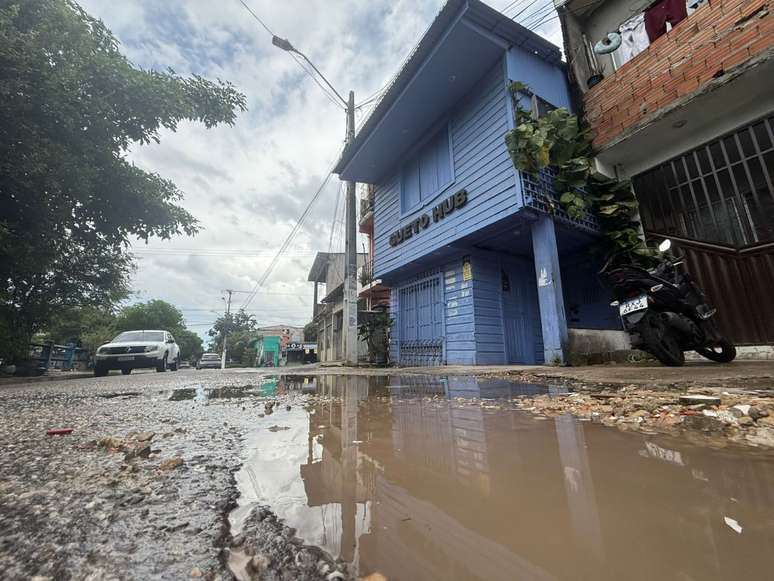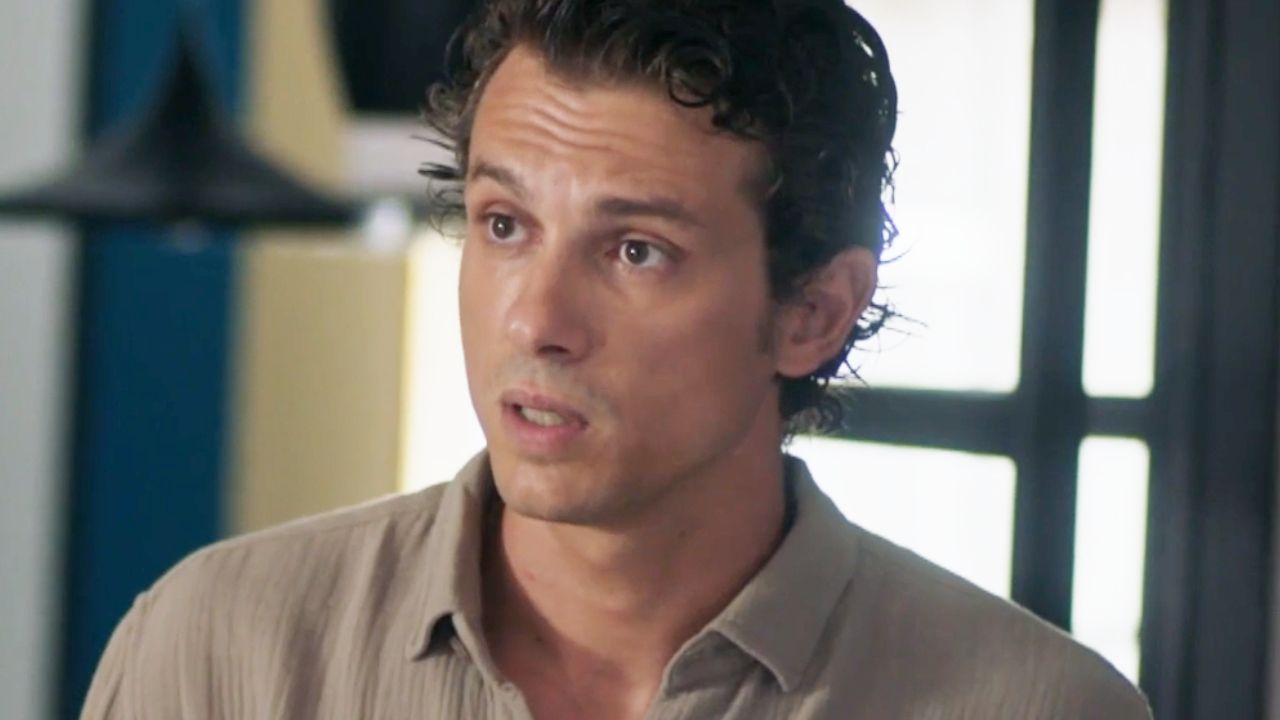Throughout the life of an athlete, whether professional or recreational, rest should be part of the sporting routine
While post-workout rest is essential to maintain sporting performance, the vast majority of athletes find it extremely difficult to slow down to simply relax. When performing a physical activity, physiological changes are promoted in the body that aim at functional improvement. Micro tears of muscle fibers, depletion of energy reserves and loss of fluids are part of the process in response to physical activity. It is at rest that the effects of training begin to show. During this period, the body readapts to the stress it has undergone, gains strength to reorganize itself, replenish energy reserves and repair tissue injuries. The recovery period is essential for the body to be able to replace losses, repair damage and increase the quality of response. If there isn’t enough time for recovery and repair, the body will suffer constant damage until serious injury forces it to stop. Lack of rest adequacy within the training routine can lead the body into a catabolic (deconstruction) cycle which can compromise muscle condition, causing pain and injury; depression of the immune system; sleep and mood disturbances; and immeasurable losses in all spheres of life.
Even if it is often seen as a villain, rest must be organized in such a way that the body can obtain the healthy benefits of practicing sports and conquer new heights. The healthy balance between sports practice and recovery must consider the adaptations not only in the training schedule filled with modalities, intensities and volumes, but also taking into account the person’s routine as a whole. A vivid example of this is a family man, lawyer and marathon runner. Enthusiasm to achieve the goals of the long-awaited marathon can fall apart if there is no synchronization of tasks. The management of personal, professional and family life has a direct impact on the athlete’s quality of life and indirectly on those who live together both at work and at home. While, on the one hand, physical activity benefits health and well-being, in the absence of adequate recovery, we can compromise not only our health but also that of our relationships. When the effort is at rest For the prevention of injuries, a good recovery will favor the maintenance of the appropriate and desired pattern of neuromuscular recruitment. In the case of high-intensity training (high speeds) the probability of injury to the structural system (muscles, tendons, ligaments and bones) can increase considerably if the system is not adequately prepared to receive this stimulus. In the case of the lawyer in question, it is essential to adapt the training card in order to make it coherent both physiologically and psychologically. The rest “dosage” with your marathon training routine will give you the metabolic consistency you need to solidify a new routine without impacting your personal life. Rest is therefore not synonymous with inactivity. Rest is the interruption of an exhausting catabolic process. To recover is to respect the normal physiological responses deriving from stress which will favor the strengthening of the body. It is through rest that the body’s autonomic system, an involuntary unconscious system, is able to heal us, provide our physical and mental reconstruction, and connect us with the most vital forces of creation. Therefore, having the discipline to be able to appease guilt is the rest the body needs.
Source: Terra
Rose James is a Gossipify movie and series reviewer known for her in-depth analysis and unique perspective on the latest releases. With a background in film studies, she provides engaging and informative reviews, and keeps readers up to date with industry trends and emerging talents.







